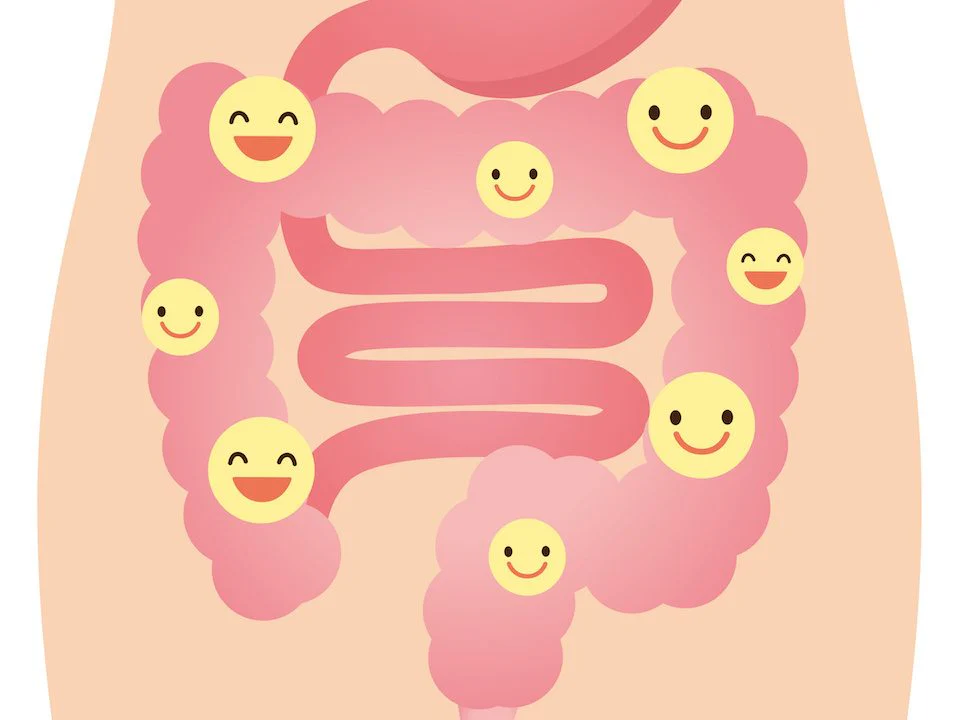
Recent studies have spotlighted the link between gut health and overall well-being, especially in the areas of nutrition and health science. While many of us zero in on diet and exercise for weight loss and management, we often forget about the health of our gut microbiome. This intricate ecosystem of microorganisms is a key player in many bodily functions, including digestion, metabolism, and even our mood. Understanding the relationship between gut health and weight management can provide valuable insights for those looking to achieve or maintain a healthy weight.

The Hidden Ecosystem That Controls Your Weight: Gut Microbiome
The gut microbiome consists of trillions of bacteria, viruses, fungi, and other microorganisms residing in our digestive tract. These microbes contribute to several essential functions, such as:
- Digestion: Breaking down complex carbohydrates and fiber that our bodies cannot digest alone.
- Nutrient Absorption: Helping to extract vitamins and minerals from food.
- Immune Function: Supporting the immune system and protecting against pathogens.
- Metabolism: Influencing how we store fat and regulate blood sugar levels.
A balanced gut microbiome is essential for optimal health, while an imbalance—often referred to as dysbiosis—can lead to various health issues, including obesity.
Gut Health and Weight Management
- Metabolism Regulation: Research suggests that the composition of the gut microbiome can influence metabolic processes. Certain beneficial bacteria are associated with improved metabolism, while an overabundance of harmful bacteria may contribute to insulin resistance and increased fat storage. For instance, studies have shown that individuals with obesity tend to have a different composition of gut bacteria compared to those with a healthy weight.
- Appetite Control: The gut microbiome also plays a role in regulating appetite. Some bacteria produce short-chain fatty acids (SCFAs) during the fermentation of dietary fibers. SCFAs can help regulate hormones related to hunger and satiety, such as ghrelin and leptin. A healthy gut microbiome may promote a balanced appetite, helping individuals manage their food intake more effectively.

- Inflammation: Chronic inflammation is often linked to obesity and metabolic disorders. An imbalanced gut microbiome can contribute to systemic inflammation, which may hinder weight loss efforts. Conversely, a diverse and balanced gut microbiome can help reduce inflammation, supporting overall health and weight management.
- Food Choices and Cravings: The gut microbiome may influence food preferences and cravings. Certain bacteria thrive on sugar and processed foods, potentially leading to increased cravings for these items. By promoting a healthier gut environment through diet, individuals may find it easier to make better food choices.
- Impact of Diet on Gut Health: Diet plays a pivotal role in shaping the gut microbiome. High-fiber diets rich in fruits, vegetables, whole grains, and fermented foods can promote the growth of beneficial bacteria. In contrast, diets high in sugar and processed foods can lead to dysbiosis. Incorporating probiotics (live beneficial bacteria) and prebiotics (fiber that feeds beneficial bacteria) into one’s diet can further support gut health.
Practical Tips for Improving Gut Health
To leverage the benefits of a healthy gut microbiome for weight management, consider the following strategies:

- Eat a Diverse Diet: Incorporate a wide variety of foods to promote microbial diversity. Aim for colorful fruits and vegetables, whole grains, lean proteins, and healthy fats.
- Increase Fiber Intake: Focus on high-fiber foods such as legumes, whole grains, fruits, and vegetables to support beneficial bacteria.
- Include Fermented Foods: Foods like yogurt, kefir, sauerkraut, kimchi, and kombucha are rich in probiotics and can enhance gut health.
- Stay Hydrated: Drinking enough water is essential for digestion and helps maintain a healthy gut lining.
- Limit Processed Foods: Reduce intake of added sugars and highly processed foods that can negatively impact gut health.
- Consider Probiotic Supplements: While it’s best to obtain probiotics through food sources, supplements can be beneficial for some individuals. Consult a healthcare provider before starting any new supplement regimen.
Conclusion
Understanding the role of gut health in weight management opens new avenues for effective weight loss strategies. By focusing on improving gut health through diet and lifestyle changes, individuals may enhance their ability to manage their weight more effectively. As research continues to evolve in this field, it’s clear that nurturing our gut microbiome is not just about digestive health—it's an integral part of achieving overall wellness and maintaining a healthy weight.
Reference
- https://www.health.com/kimchi-weight-loss-gut-benefits-8752864?utm_source=chatgpt.com
- https://www.businessinsider.com/gut-health-scientist-chef-shares-breakfasts-2024-12?utm_source=chatgpt.com
- https://www.health.harvard.edu/blog/diet-disease-and-the-microbiome-2021042122400?utm_source=chatgpt.com
- https://translational-medicine.biomedcentral.com/articles/10.1186/s12967-017-1175-y?utm_source=chatgpt.com
- https://tristategastro.net/role-of-the-gut-microbiome-in-weight-management/?utm_source=chatgpt.com
- https://pmc.ncbi.nlm.nih.gov/articles/PMC10368799/?utm_source=chatgpt.com


.png)


